The Department of Cardiac Sciences at Sri Balaji Action Medical Institute is at the forefront of providing world-class cardiovascular care. With state-of-the-art infrastructure, advanced technology, and a team of highly skilled cardiologists and cardiac surgeons, we are dedicated to offering comprehensive and compassionate care to patients with a wide spectrum of cardiovascular conditions. Our commitment to innovation, research, and patient-centered care has established us as a leading institution in the field of cardiac sciences.
Central to our Institute of Cardiac Sciences is a cutting-edge facility designed to meet the complex demands of cardiac care. Our hospital boasts modern cardiac catheterization labs, fully equipped operation theaters, and advanced cardiac imaging facilities, ensuring that patients receive the highest quality care. Our cardiac rehabilitation center is staffed by experienced physiotherapists and rehabilitation specialists, further enhancing our holistic approach to cardiovascular health.
The core of our Institute of Cardiac Sciences is our team of dedicated cardiologists and cardiac surgeons, each specializing in various aspects of cardiovascular treatment. We prioritize patient-centered care and education. Our dedicated cardiology team provides comprehensive education on heart health, including lifestyle modifications, medication management, and post-surgery recovery. We work closely with patients to empower them with the knowledge and tools they need to actively participate in their cardiovascular needs.
We are committed to providing patients with the most advanced and effective treatment options for cardiovascular conditions. These include:
Call 011-42888888 to book an appointment with a specialist at Sri Balaji Action Medical Institute.
Coronary Artery Disease (CAD) is a condition that affects the blood vessels supplying the heart. Our experts utilize advanced diagnostic techniques, such as angiography and CT scans, to precisely identify blockages in coronary arteries. We offer a range of treatment options, including angioplasty, stent placement, and bypass surgery, to restore blood flow and improve heart function.
Know moreA heart attack is a medical emergency, and timely intervention is crucial. Our state-of-the-art cardiac catheterization lab ensures rapid diagnosis and immediate intervention. Our skilled cardiologists and surgeons work seamlessly to provide life-saving procedures like angioplasty and thrombolytic therapy, reducing the risk of heart muscle damage.
Know moreComplete heart block, a disorder of the heart's electrical system, can lead to a dangerously slow heart rate. Our electrophysiology experts specialize in treating this condition. We offer various options, including pacemaker implantation and advanced rhythm management techniques.
Know moreCHF is a chronic condition that demands comprehensive management. Our heart failure clinic provides tailored treatment plans, including medication optimization, lifestyle modifications, and when necessary, ventricular assist devices or heart transplant evaluations to improve the quality of life for patients.
Know moreCardiomyopathy encompasses a range of conditions affecting the heart muscle's ability to pump blood effectively. Our dedicated cardiomyopathy team, backed by cutting-edge diagnostic tools like MRI and genetic testing, creates personalized treatment strategies. This may involve medication, lifestyle changes, or, in severe cases, heart transplantation.
Know moreThe key to effective treatment is accurate diagnosis, and that's precisely what our angiography procedures offer. We use advanced imaging techniques to visualize the blood vessels in your heart, helping us identify blockages and other issues that may be compromising your cardiac health.
Know moreCoronary Artery Angioplasty and Stenting (PTCA): For those with blocked or narrowed arteries, our experts perform PTCA procedures. Using a minimally invasive approach, we clear blockages and insert stents to keep arteries open, restoring blood flow and reducing the risk of heart attacks.
Know moreWe understand that heart rhythm issues can significantly impact your quality of life. Our specialists are skilled in the implantation of pacemakers, ensuring that your heart beats in a regular, healthy rhythm.
Know moreImplantable Cardioverter Defibrillator (ICD): In cases of life-threatening arrhythmias, our ICD implantation services are a life-saving option. These devices monitor your heart's rhythm and deliver shocks as needed to restore normal heartbeats.
Know moreElectrophysiological Study (EPS) and Radiofrequency Ablation (RFA): For patients with complex heart rhythm disorders, our Electrophysiological Studies and Radiofrequency Ablation procedures are the way forward. We use EPS to map the heart's electrical pathways and perform RFA to correct irregular heart rhythms.
Know more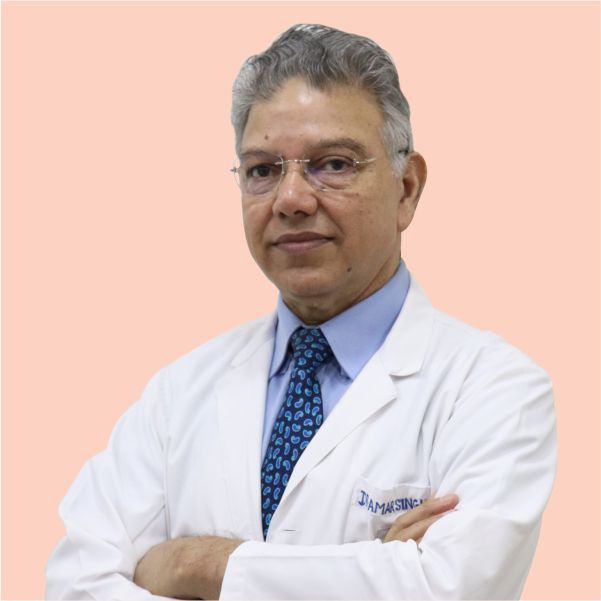
Sr. Consultant
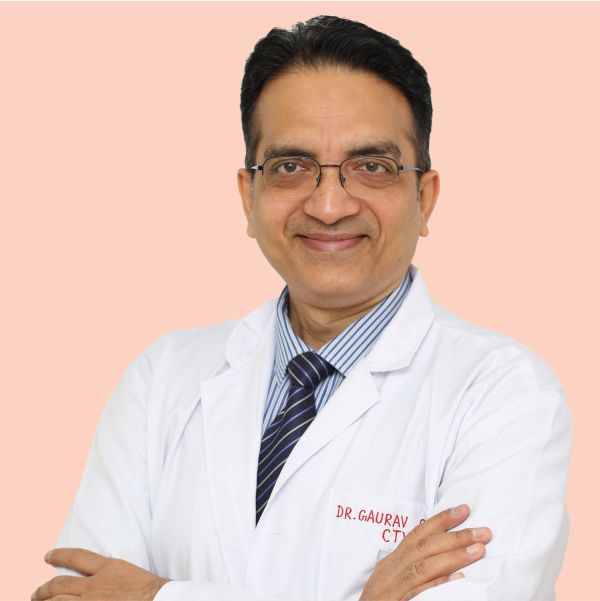
Unit Head & Sr. Consultant
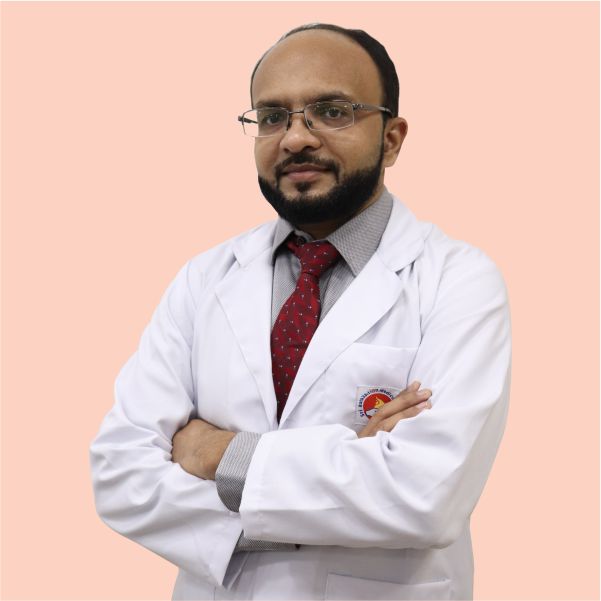
Sr. Consultant
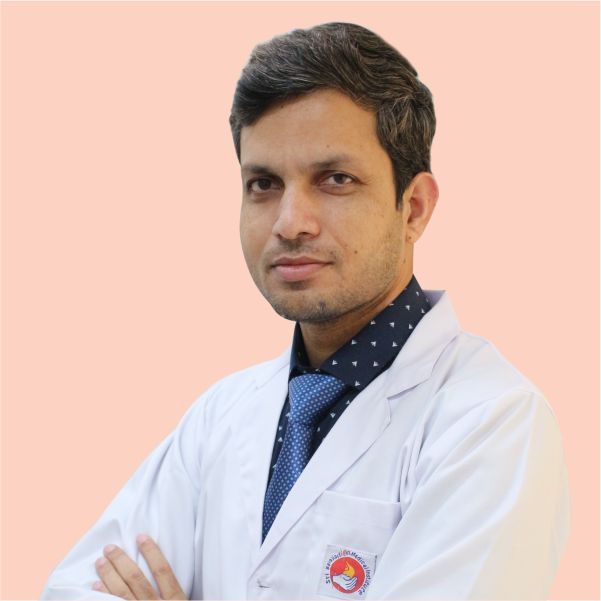
Sr. Consultant
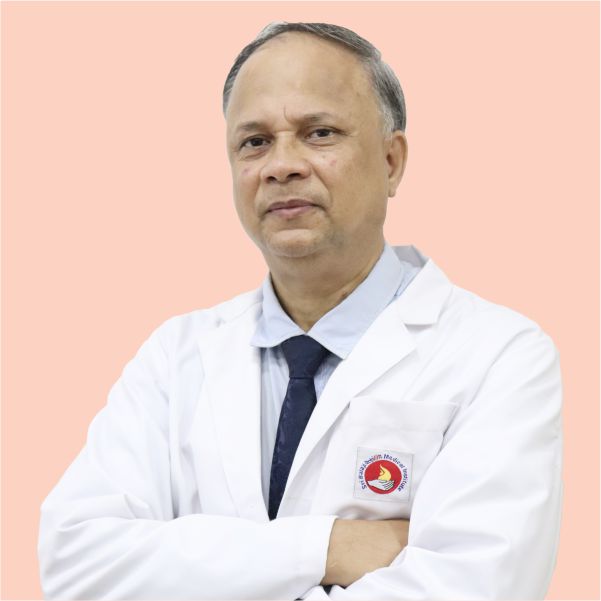
Consultant Surgeon
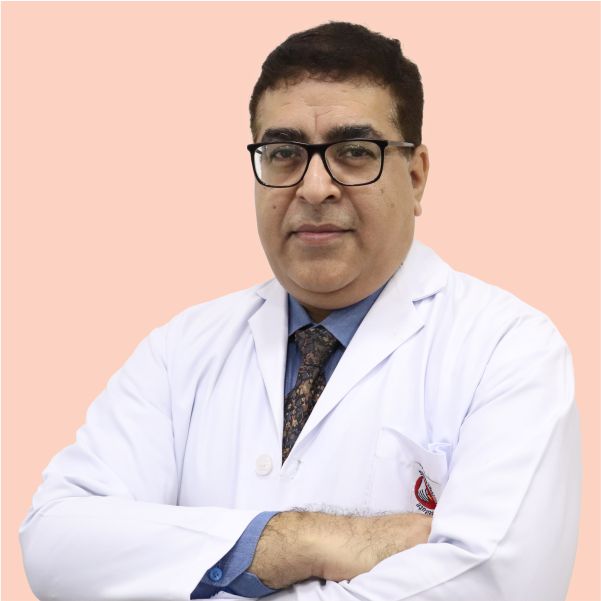
Sr. Consultant
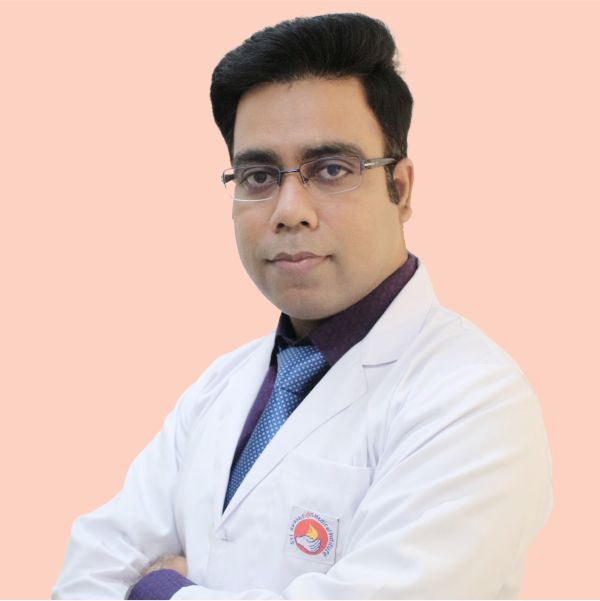
Consultant
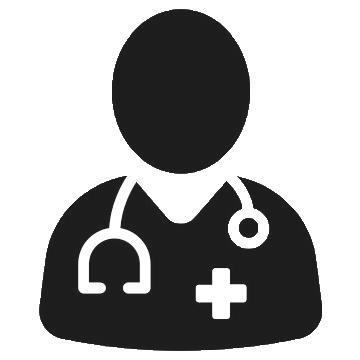
Consultant

Clinical Associate
A cardiologist is a medical doctor who specializes in the diagnosis, treatment, and prevention of heart-related conditions and diseases. They undergo extensive training in cardiology, which involves studying the structure, function, and disorders of the heart and blood vessels.
Common risk factors for heart disease include high blood pressure, high cholesterol levels, smoking, diabetes, obesity, a sedentary lifestyle, family history of heart disease, and excessive alcohol consumption. Managing these risk factors is crucial for heart health.
Angina is chest pain or discomfort that occurs when the heart muscle doesn't receive enough oxygen-rich blood. It's often a symptom of coronary artery disease, which is a condition where the blood vessels supplying the heart become narrowed or blocked.
A heart attack, medically known as a myocardial infarction, occurs when blood flow to a part of the heart muscle is severely reduced or completely blocked. This can cause damage to the heart muscle. Prompt medical attention is crucial in a heart attack to minimize damage.
While both deal with heart-related issues, there's a distinction in their roles. A cardiologist diagnoses and treats heart conditions using medication, lifestyle changes, and non-invasive procedures. A cardiac surgeon, on the other hand, performs surgical procedures, such as bypass surgeries, valve repairs or replacements, and heart transplants.